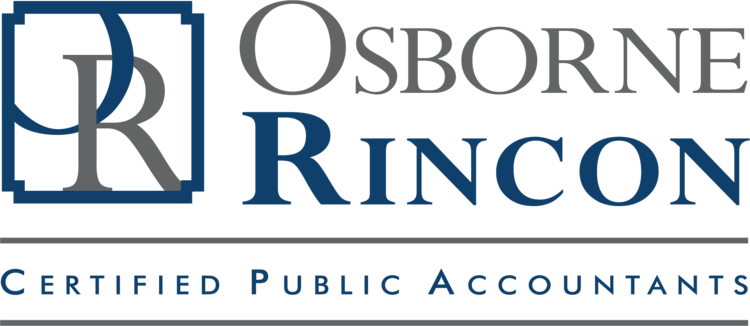By: Corry Hunter, CPA
For decades, CPAs have had a simple piece of tax advice for business owners: Take the small business – or S Corp – election instead of C Corp.
But now, the new tax code is shaking up such long-held assumptions. As a business owner, could choosing C Corp be right for you?
The S Corp election was introduced in 1958 to help entrepreneurs avoid double taxation. Filing as a “C” Corporation meant the company would pay taxes on profits, and the business owner would personally pay taxes on any profits taken out of the company as well.
So, what happens now that the difference between individual and corporate tax rates is so small? The highest individual tax rate is 37%. Compare that to the C Corporation (C Corp) tax rate of 21%, and the highest dividend rate of 20% (total of 41%), and the C Corp doesn’t sound too bad!
Of course, C Corps must still pay state taxes. But the tax deduction on Schedule A of an individual return is limited to $10,000 per year, so the C Corp may be able to utilize a deduction that an S Corp owner cannot – saving you money.
This is how it might work.
A C Corporation with one owner has net taxable income of $100,000 after paying the owner salary of $300,000.
If the owner is therefore in the highest tax bracket of 37% federal and 13.3% state, the C Corp is much lower, at 21% federal and 8.85% state.
If this were an S Corp, the extra $100,000 company income would have a lot more tax due, since it would flow through to the owner – even with the 20% deduction for flow-through income.
Choosing C Corp becomes even more advantageous if the business owner itemizes. If he or she owns a house in California, the property tax is likely near the $10,000 limit. He or she will not be allowed to deduct the income tax paid to the state, but the C Corp would be able to.
In this case, the total savings from choosing C Corp instead of S Corp could be nearly $15,000!
Of course, if you want to take money out, the S Corp is still the winner. But for a growing business, having more in available cash to make purchases might be a good choice.
Also, a C Corp has fewer restrictions on fringe benefits that would be taxable to an S Corp owner, such as the use of a cafeteria plan and can even implement a section 105 plan to reimburse out of pocket medical costs.
To find out which option is right for you, contact your CPA.
